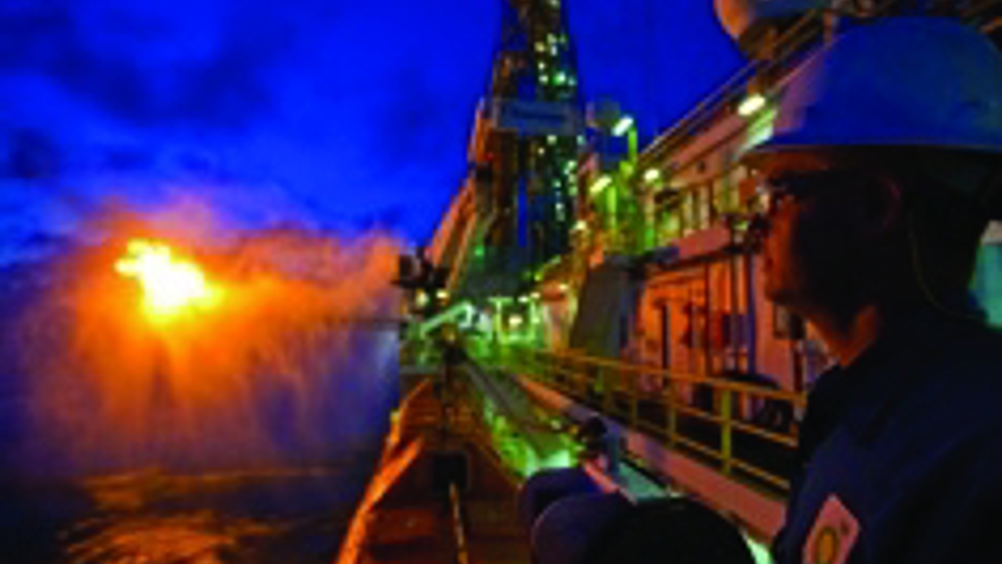‘Our asset base is strong and valuable, with more than 18 billion barrels of proved reserves and 63 billion barrels of resources,’ said Hayward. ‘All of this gives us significant flexibility in dealing with the costs of this incident.’
The company said in a statement that it has already spent over $1bn in gross direct costs for the response, clean-up and relief wells. It added that spending at this rate is expected to continue beyond successful completion of work to stop the flow of oil from the damaged well and that any fines and penalties would present additional costs.
Similarly, the costs of containment, removal and clean up are likely to be largely complete in 2010 but longer-term costs of environmental remediation, claims and litigation are hard to predict and will be spread over many years.
Earlier this week, US Senators Charles E Schumer and Ron Wyden wrote an open letter to Hayward expressing concerns over possible dividend payments to shareholders prior to knowing the full cost of the clean-up.
In their letter, the senators wrote: ‘We find it unfathomable that BP would pay out a dividend to shareholders before the total cost of BP’s oil-spill clean-up is estimated. The total cost of the clean-up estimates could reach $37bn if the well leaks until relief drilling is completed in August, according to Credit Suisse.
‘While we understand the need to reassure shareholders that the disaster in the Gulf will not substantially impact BP’s long-term financial health, we are concerned that such action to move money off of the company’s books and into investors’ pockets will make it much more difficult to repay the US government and American communities that are working around the clock to stem the damage caused by this devastating oil spill.’
At the meeting, Hayward assured BP shareholders that the company would meet its obligations beyond the clean-up.
‘We will also meet our obligations to our employees and to our other stakeholders, including hundreds of thousands of shareholders and millions more savers in mutual and pension funds, who rely on their investment in BP as part of their financial security and, in many cases, their retirement income,’ he said. ‘The financial consequences of this incident will undoubtedly be severe, but BP is a strong company and we have weathered many storms before.’
Separately, BP has announced that it is to create a stand-alone organisation to manage the long-term response once the spill is over.











Radio wave weapon knocks out drone swarms
Probably. A radio-controlled drone cannot be completely shielded to RF, else you´d lose the ability to control it. The fibre optical cable removes...